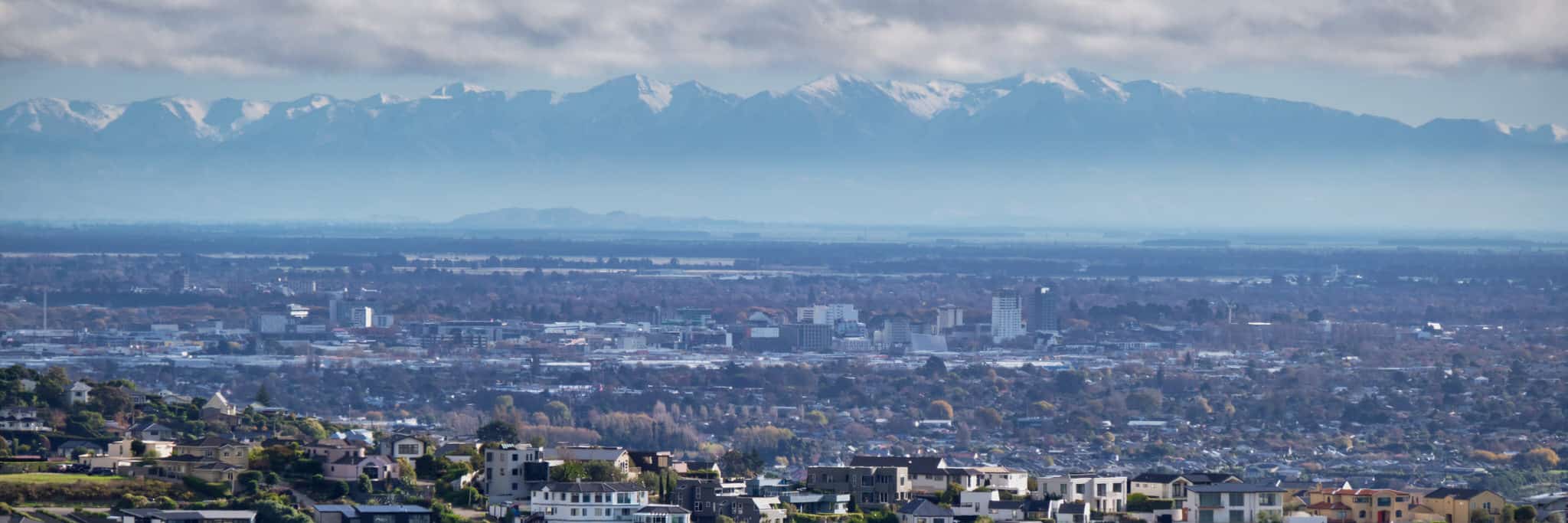Since the Christchurch earthquakes, the insurance industry has had a major shake-up. Insurers could previously have been accused of being complacent, having routinely underinsured for years – offering full-replacement insurance, but underestimating the actual replacement cost of houses. Their cost per square metre allowances has not matched the actual cost and complexity of houses being built, or the rapidly rising costs of building, and they may have ignored other structures subject to damage, such as retaining walls.
So insurance companies have decided to pass the risk onto us, the homeowner. We now have to nominate a value for replacement, just like we nominate the value of our cars. They will still only pay out on the actual repair or replacement cost at the time of loss, but their pay-out will no longer exceed the nominated sum insured.
The options are for you to nominate a sum insured amount yourself, or engage a property valuer or quantity surveyor to provide a realistic value. Traditionally, property valuers have provided insurance certificates for the replacement cost of commercial buildings and high-end luxury homes. Quantity surveyors typically provide costing advice and services within the commercial area of construction.
Residential construction is an interesting area because of the variety of ways it can be costed and carried out. Contracts range from fully developed ‘spec-built’, design-build, negotiated contract, tender, or labour-only (quoted or charge-up) with or without site management, and subcontractors/materials procured by the owner often with assistance from a project manager or quantity surveyor. So getting up to date information on values can be a bit tricky.
There are no-cost options to arriving at a sum insured such as insurance company default values (be careful with these), online calculators, or you could talk to a friendly builder. But it seems to be a human trait to underestimate the cost of construction, just as we underestimate travel times. A Treasury report in 2016 found that up to 85% of Kiwi homes could be underinsured by an average of 28%.
If your home is relatively standard, which covers the majority of our houses, then a property valuer is a good option. If it is on a steep site with high retaining walls, or the house is complex, architecturally designed, or with high standards of finishes and fittings, then a quantity surveyor will be more detailed and may be a more reassuring option for non-standard homes.
Property valuers generally produce insurance valuations quickly and efficiently for a reasonable fee. Generally, quantity surveyors can’t match this. Why? Because property valuers are used to turning around small jobs so have systems and databases to support this. Whereas quantity surveyors tend to work on a project basis where there is more time and a higher degree of definition and accuracy is required.
Once you’ve made your choice and received your valuation, if you still have a nagging doubt, then like most insurance covers, if you err on the high side the additional cost of cover is not great and may well be worth the peace of mind.
For a no obligation quote on a valuation for your property, fill in the form below:

